Eileen Merriman’s and Ella West’s latest books were on the bookshop shelves as we headed to the beach this summer. Catch Me When You Fall is for older teens, and is about 17-year-old Alex in Christchurch who is fighting leukaemia and inconveniently falling in love at the same time. Rain Fall is for 12 to 15-year-olds and is set in Westport on the West Coast where Annie finds herself caught up in a murder mystery as she faces leaving the only home she has ever known.
The two writers spent the break shaking the sand out of each other’s books and talking about everything from why they set their stories in New Zealand to what should and should not be written about in YA fiction.
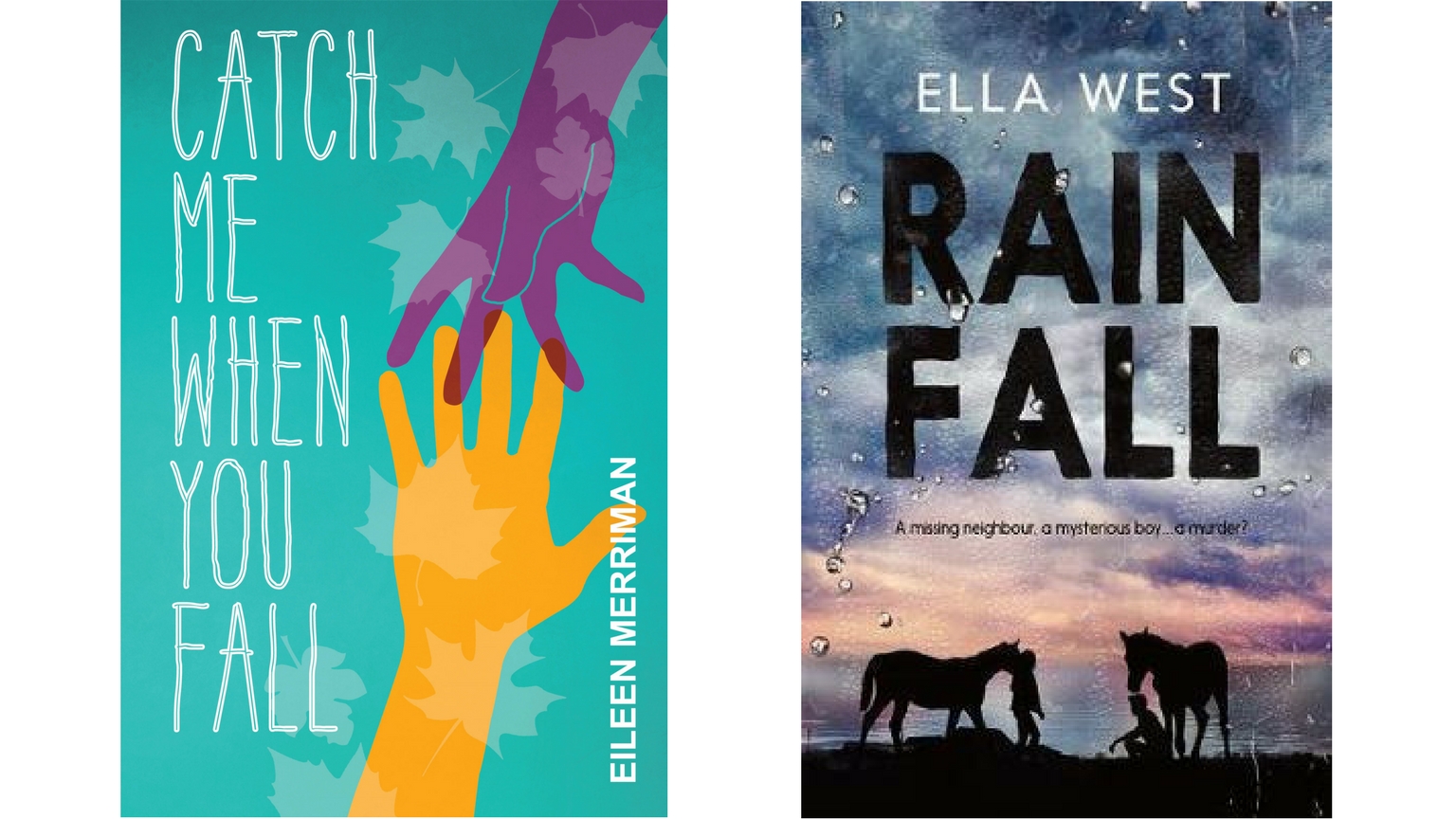
Eileen Merriman: I really enjoy reading books set in New Zealand, particularly YA fiction. I have had many readers tell me how much they like to read about characters in familiar scenery and culture. For any overseas readers, I’d hope to impart the sense that they have experienced New Zealand through my books. It’s one of the most beautiful countries in the world, after all (not biased, of course!). Ella, did you encounter any challenges with setting a book in New Zealand and do you think setting a YA book here makes it more or less appealing to NZ teens than YA fiction from overseas?
Ella West: That’s the question isn’t it – the New Zealand market or the big wide world? We’re not going to get rich with just sales in New Zealand and the number of teen books set in a particular Kiwi setting that have made it huge overseas recently are very, very few (I’m actually trying to think of one). But besides all that, my publisher Allen & Unwin is keen for me to write books set here, so I do!
Rain Fall wouldn’t be the book it is without Westport, and the problems endemic there in 2015 – the town gives so much to the story. Westport was home for about 15 years before moving to Dunedin where we now live, and I still miss it. There is something about the Coast that becomes part of you, which sounds very deep and mystical – but it’s true.
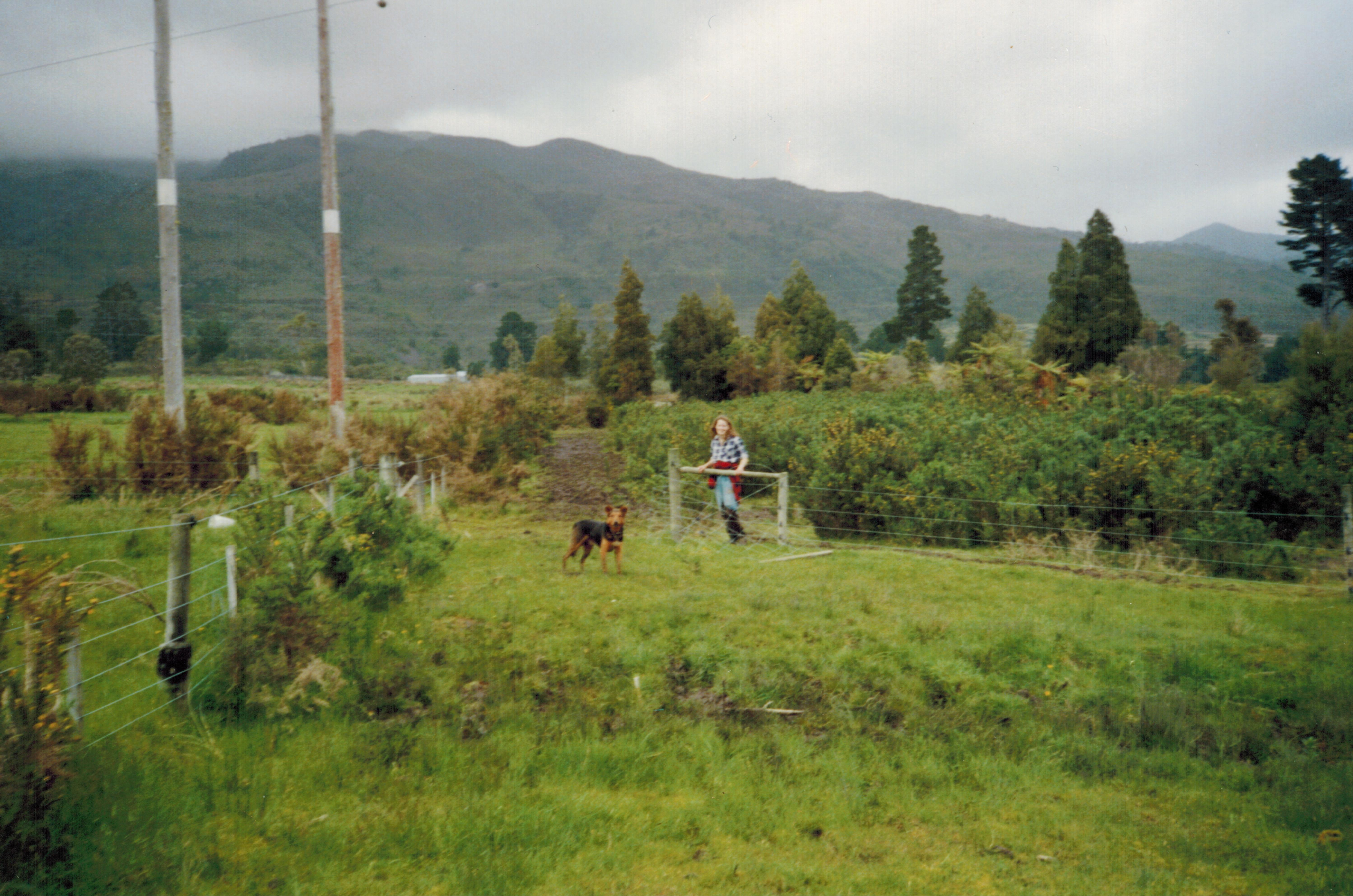
I was back in 2015 for the Book Awards tour with Night Vision and one of the kids at my author talks asked me why I hadn’t written a book set in Westport and I didn’t have an answer and I knew I should have. And the town was really hurting then (and still is). There are about 5000 people who live there and 1000 jobs had been lost in one year. That sort of social change is unimaginable for most people and it was a story I wanted to tell.
EM: Yes, that’s what struck me. As someone who has lived in a big city all my life (apart from two years in Nelson), I was only vaguely aware of the issues. You really brought to life the social and political climate of the time, and this will be educational for urban readers, and will resonate with your West Coast readers. It was also refreshingly unique. I’ve never read a YA novel set on the West Coast.
EW: Setting it there meant I also got to write about horses galloping down the rain-sodden beach and about all the places I know so well, the high school, the roads, the farms, people’s houses (I hope they won’t mind!)
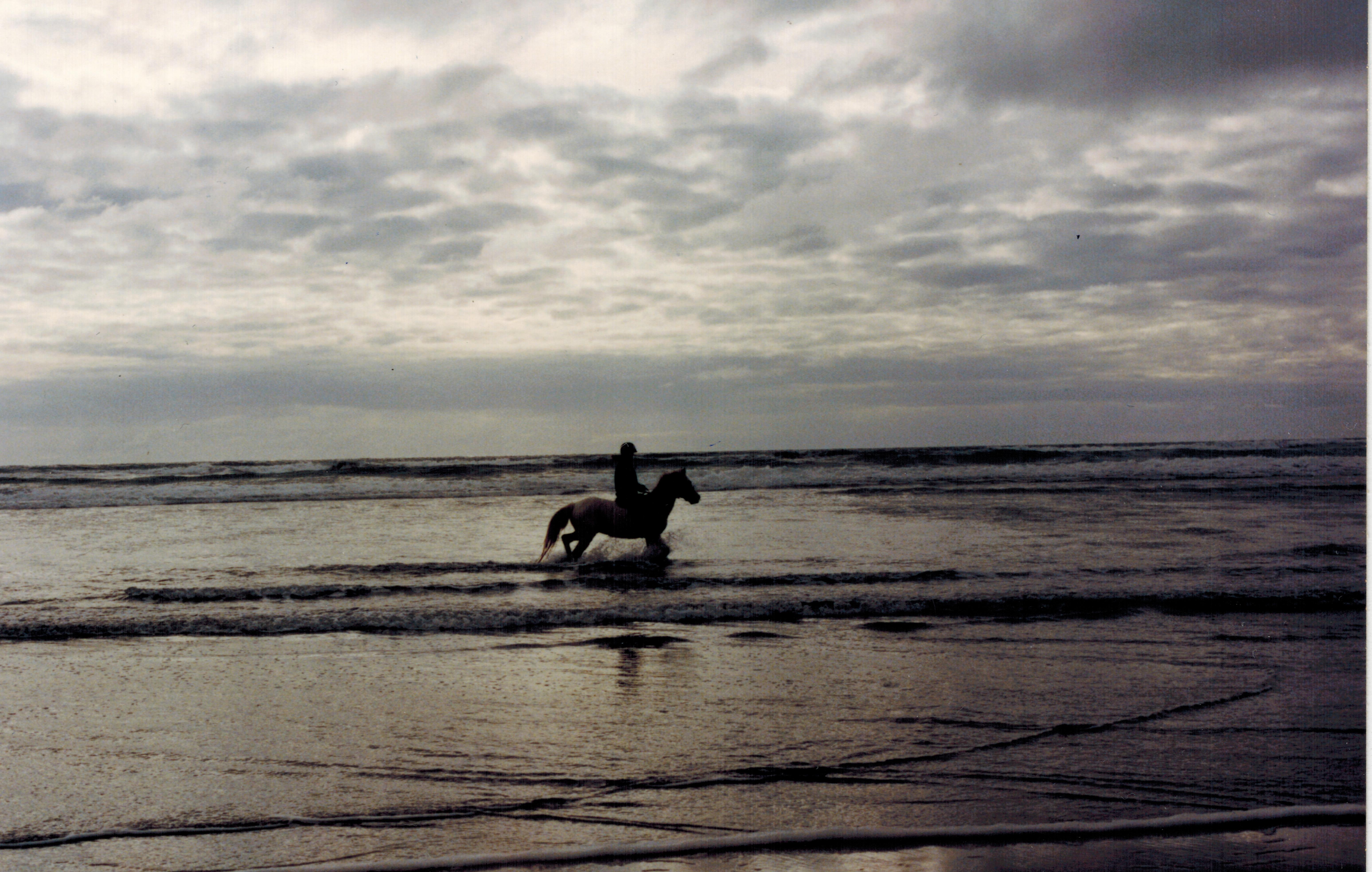
You set your first novel Pieces of You on Auckland’s Norfolk Pine beaches and Catch Me When You Fall in Christchurch. I spent a week in Christchurch Hospital with a broken femur when I was in my early 20s so I know what it is like to stare out of those hospital windows and wish I was outside just like Alex does. You got it exactly right.
I’m guessing, as you’re a haematologist at North Shore Hospital, you meet many kids in similar predicaments to Alex in your work?
EM: I did most of my haematology training at Christchurch Hospital, and worked in the Bone Marrow Transplant Unit for three and a half years, which is where Catch Me When You Fall is set. During that time, I worked with many adolescents with acute leukaemia, including those having bone marrow transplants – so I was involved in lots of conversations, including with teenagers having to be counselled about sperm banking as their treatment was likely to cause infertility, such as in Alex’s case.
Speaking of medical plotlines, in Night Vision your protagonist has xeroderma pigmentosum (XP), a very rare, life-threatening disease. How did you come up with this wonderful premise for a novel, and how did you research this? How do you think having a life-threatening disease influences the choices your character made?
How do you think having a life-threatening disease influences the choices your character made?
EW: I found out about XP channel surfing one night (this was obviously before Netflix) and came across a 60 Minutes doco on it so it was just luck. Then I did a bit of googling and realised no one had used the condition in a book. But I never wanted the book to be about a dying girl, I just thought it would be an interesting character to write about because of her perspective – she knows she doesn’t have a long life ahead of her.
There was also lots of imagery about the sun being deadly and the darkness being her safe place that I could play with. Let’s face it, death by sunlight is pretty unique. (EM: yes, unless you’re a vampire!)
In Catch Me When You Fall (trying not to do spoilers here), I was very, very glad you ended it the way you did because you had me worried for a while. Did you always have the ending planned when you started the book or could it have gone the other way (we’re not saying here what the ‘other way’ is – people will have to read the book to find out what we’re talking about!)
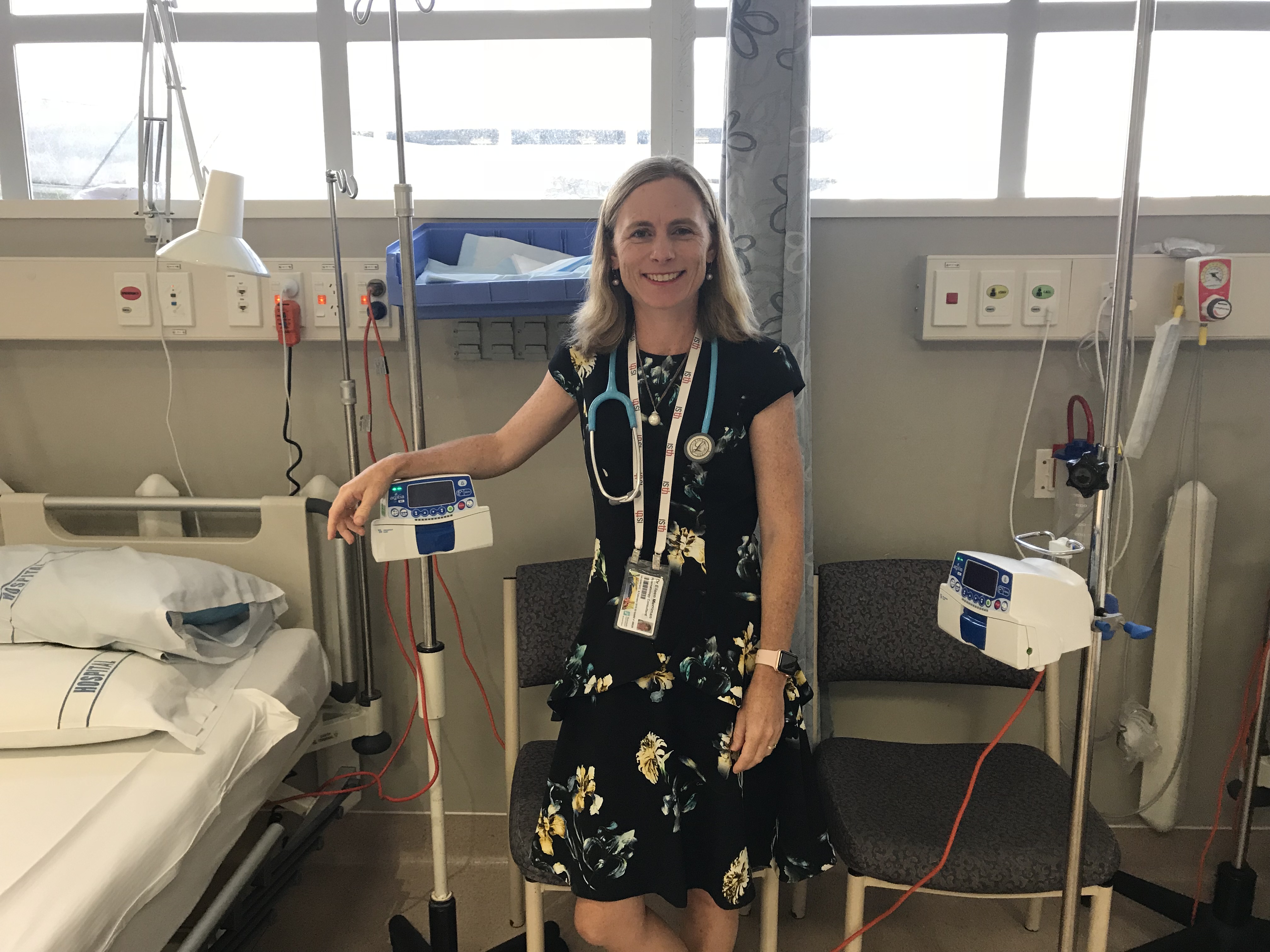
EM: I knew exactly what path this book was going to take right up until the climax, but after that the story could have gone two ways. I had to think pretty hard about that (the last thing I wanted was a predictable ending) and am happy with it. Part of the theme is coping with uncertainty and circumstances out of one’s control, and I hope this comes across.
In both Night Vision and Rain Fall your characters break the law in one way or another. Has anyone taken issue with this (parents or reviewers?)
EW: I guessing you mean the main characters – Viola in Night Vision and Annie in Rain Fall – because obviously in murder mysteries someone does break the law (there is a murder!) Viola or Annie don’t really break the law, they just don’t do what they probably should.
A lot of adults had a problem with Viola lying outright to her parents, but when they started asking the kids reading the book if they would do the same thing almost all of the kids said yes. I think there is a perception that kids don’t lie, because they’re kids – they’re not meant to know what a lie is but really everyone lies to get what they want, whatever their age. In Rain Fall, more people (again adults – sigh) are having problems with Annie and Jack kissing. OMG!!! There’s kissing in the book!
OMG!!! There’s kissing in the book!
The fact that there are a few dead bodies, explosions and guns on those pages too doesn’t seem to matter.
EM: I think that’s hilarious, and yet books such as The Fault In Our Stars have a lot more than kissing in them and no one seems too worried about them being stocked in our bookstores (and neither should they!)
EW: As writers, should we have our protagonists lie, do the wrong thing, be ‘bad’ role models for our young readers? I don’t know. I think it has to be more than just a plot point – there has to be a reason for why they do what they do – but also the characters have to be realistic as well. We can’t have all our fiction filled with teens who always act responsibly, never swear and think before they act because that isn’t what happens in real life. And that is what we are trying to do, write about real life isn’t it?
In Catch Me When You Fall I think you had the character of Alex perfect. Just because she has cancer she still doesn’t do what the doctors want her to do. She’s still a teenager and walking on the beach one last time is more important to her than staying in a germ-free environment so she doesn’t get super sick. It would be a pretty boring book is she always did what she was told and always thought about others before herself. Did you feel you were walking a fine line with her character?
EM: Occasionally, but my main concern was to make it realistic because as you say, teenage girls don’t tend to do what they are told. I remember discussing one part of the book in detail with my husband saying, ‘my character is kissing her boyfriend when technically she is in isolation, and endangering her life… I wonder if I should take that out as it may be unrealistic’. My husband said, ‘no, leave it in – she is a teenager and teenagers take risks’. I tell my patients they should or shouldn’t do many things and I’m pretty sure they don’t always follow my advice!
. . . ‘my character is kissing her boyfriend when technically she is in isolation, and endangering her life… I wonder if I should take that out as it may be unrealistic’. My husband said, ‘no, leave it in – she is a teenager and teenagers take risks’.
I think the choices Alex made were pretty realistic for a teenager facing the very real possibility of death within weeks to months. With regards to sexual relationships, I know this is something many teens like to read about, and I’ve never shied away from that.
Pieces of You covers more sensitive topics, including self-harm, date rape, teen drinking and suicide. However, I read a lot of YA fiction and I definitely didn’t cover any new ground in the book, although perhaps it was a bit ‘out there’ for a New Zealand publisher. That being said, Penguin didn’t ask me to modify too much from that point of view, and the feedback, in the main, has been very positive.
I have had two mothers each tell me that this book got their daughters (one was 15, one was 17) back into reading. One of these girls is Māori, and there isn’t a lot of YA fiction with Māori characters on the shelves (Cory, Bec’s boyfriend in Pieces of You, is Maori), so again, I think the NZ setting was important here.
Do you think there are any taboo topics in YA fiction? Should there be any?
EW: No, definitely not. I think you do have to write for your audience. I write for the younger teens so there’s no sex (OMG there’s kissing though in Rain Fall!), swearing, suicidal thoughts or vampire threesomes. And to be honest, that’s why I do write for this age group, so I don’t have to worry about it.
I was trying to write for older teens awhile back and a New Zealand publisher refused the book because it had the ‘S’ word in it (and it wasn’t sex). ‘What was I thinking’ they said. The book still hasn’t been published.
At the time, I had just finished reading, and been amazed by, 13 Reasons Why so I was kind of bewildered. They can write books about real life in the States but we can’t in New Zealand? It’s one of the reasons I loved Pieces of Me and Catch Me When You Fall.
I think you and your publisher have been very brave. Is that what it’s felt like?
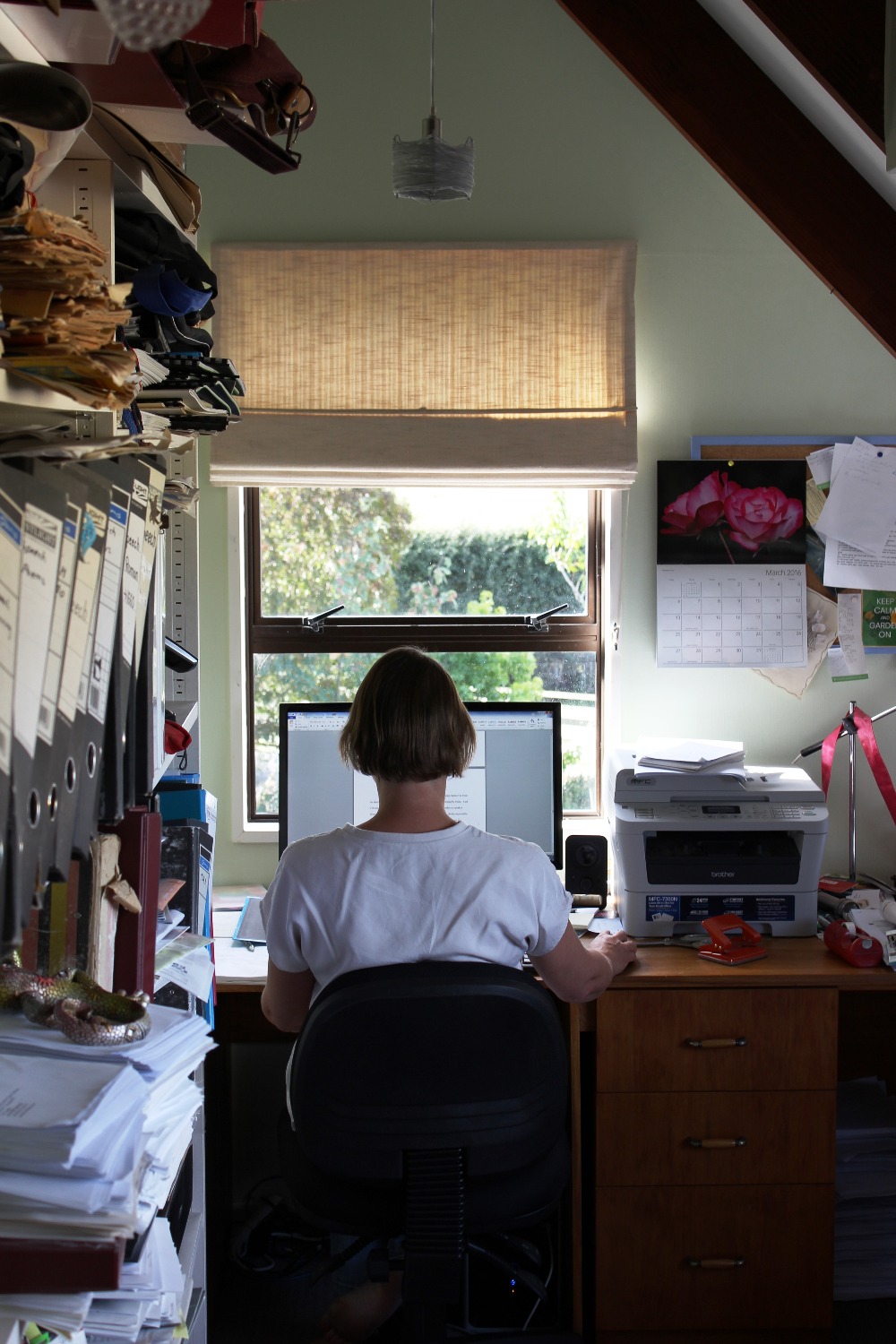
EM: I didn’t feel brave when I was writing Pieces of You, or sending it to a publisher (for the reasons listed above) but I did have one publisher turn it down, yet commend me on tackling such sensitive topics.
And I thought, really? I’m only writing about real life issues that teenagers face every day, including issues I saw all around me when I was growing up. I knew teens who self-harmed, who had eating disorders, and unfortunately, teens who committed suicide. These are not topics we should shy away from, and for many teens, it is refreshing to read about such topics in a New Zealand setting. To be able to identify with characters in books, and see how they can tackle such issues, can be enlightening.
These are not topics we should shy away from, and for many teens, it is refreshing to read about such topics in a New Zealand setting. To be able to identify with characters in books . . .
As you say, why is it OK for overseas writers to write about these topics but not Kiwis? But, again, we have not been allowed to report suicides in the media until very recently either… and it hasn’t helped lower our shocking suicide rates. I strongly believe that opening dialogue on such topics between parents and teens is vital, and protective.
I think that if teens aren’t comfortable with what they are reading, then they will generally put the book down and come back to it later (or not at all). TV and movies are much more ‘in your face’. I get more worried about what my ten-year-old might see on the six o’clock news than anything he might read in a book. My reading was never censored when I was a child, and I don’t censor my children’s reading either.
EM: Did you have to do any particular research into teenage language/slang and use of social media?
EW: I have a teenage son still at home so I’m kind of surrounded by it so no, didn’t do any research. How about you?
Excellent choice of music, by the way, that the kids listen to in both books.
EM: I have many teenage nieces, and a couple of times I had to ask whether some of the slang I was using was still current. I made an effort to listen to teenage music, and asked advice about that too – music plays such an important role in the lives of many teens.
EW: I have to ask, because I’m in awe… You’ve had two books published in less than 12 months by Penguin which means (around full-time work) you must write fast and it seems your publisher is pretty happy with you. Come on spill, how do you do it?
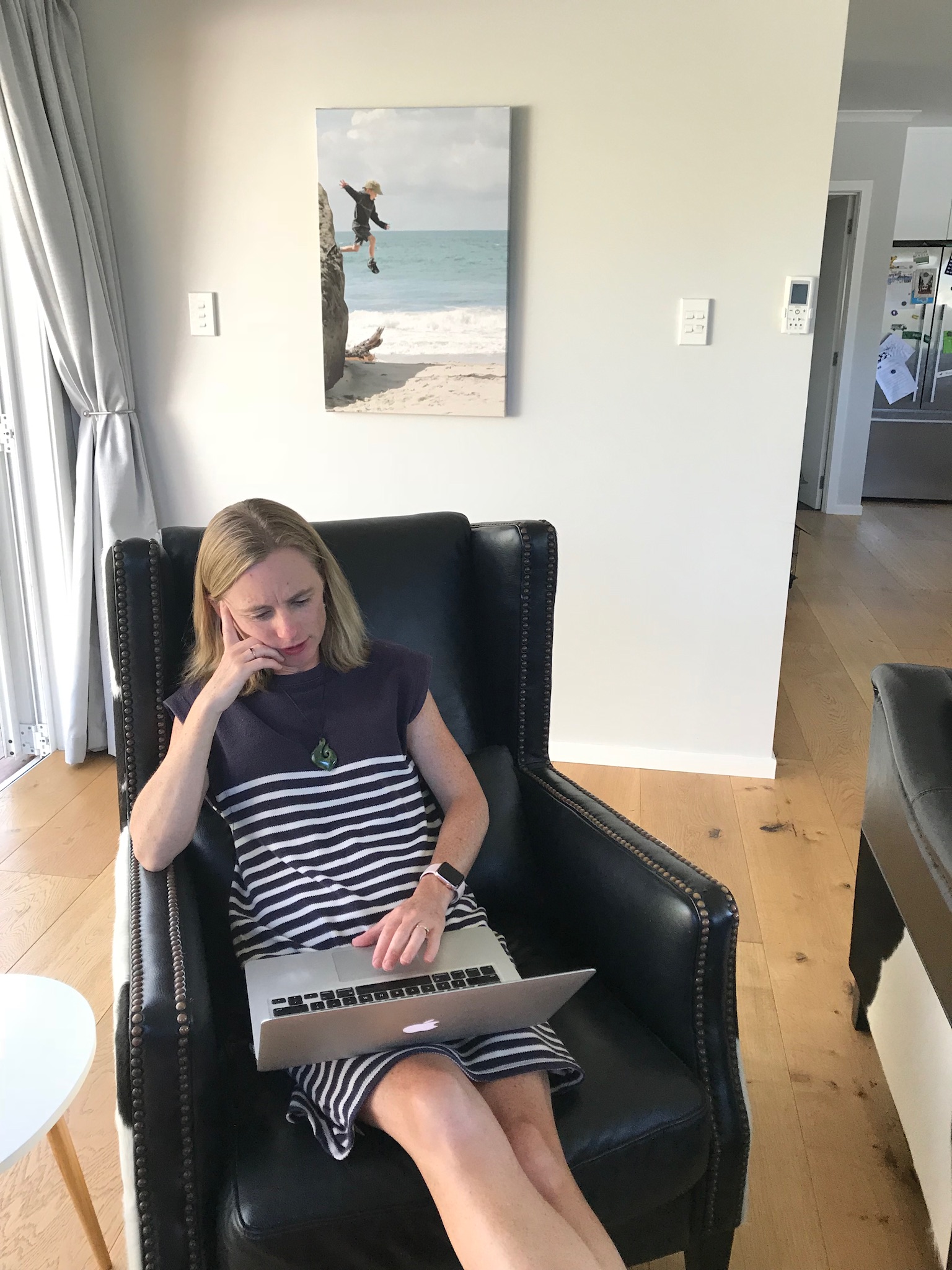
EM: I have a stressful job – caring for patients with cancer, especially when it’s terminal – and it’s also very busy. So writing is my stress relief, my antidepressant. When I write I am in another zone completely; it uses a completely different part of my brain. As I do write fast, that means I end up writing a book every six months or so. Perhaps I will slow down one day, but at the moment the ideas are still flowing!
When I write I am in another zone completely; it uses a completely different part of my brain.
I write in the evenings, just sitting in an armchair with my laptop, and sometimes I write on my phone too e.g. first thing in the morning, before I get out of bed. When I’m really immersed in writing a book, I think about it before I go to sleep and if I wake during the night, and when I wake up in the morning my subconscious seems to have worked out the details that I can’t resolve in my conscious mind (e.g. the ending to Catch Me When You Fall).
How do you balance your writing with your day job as a journalist?
EW: The journalism is easy (I freelance so pick my own hours) – it’s everything else I do. We’re currently doing up a 1900s house (I have to choose paint colours today – do you know how hard that is?), plus there are our sons and then there are the sheep!
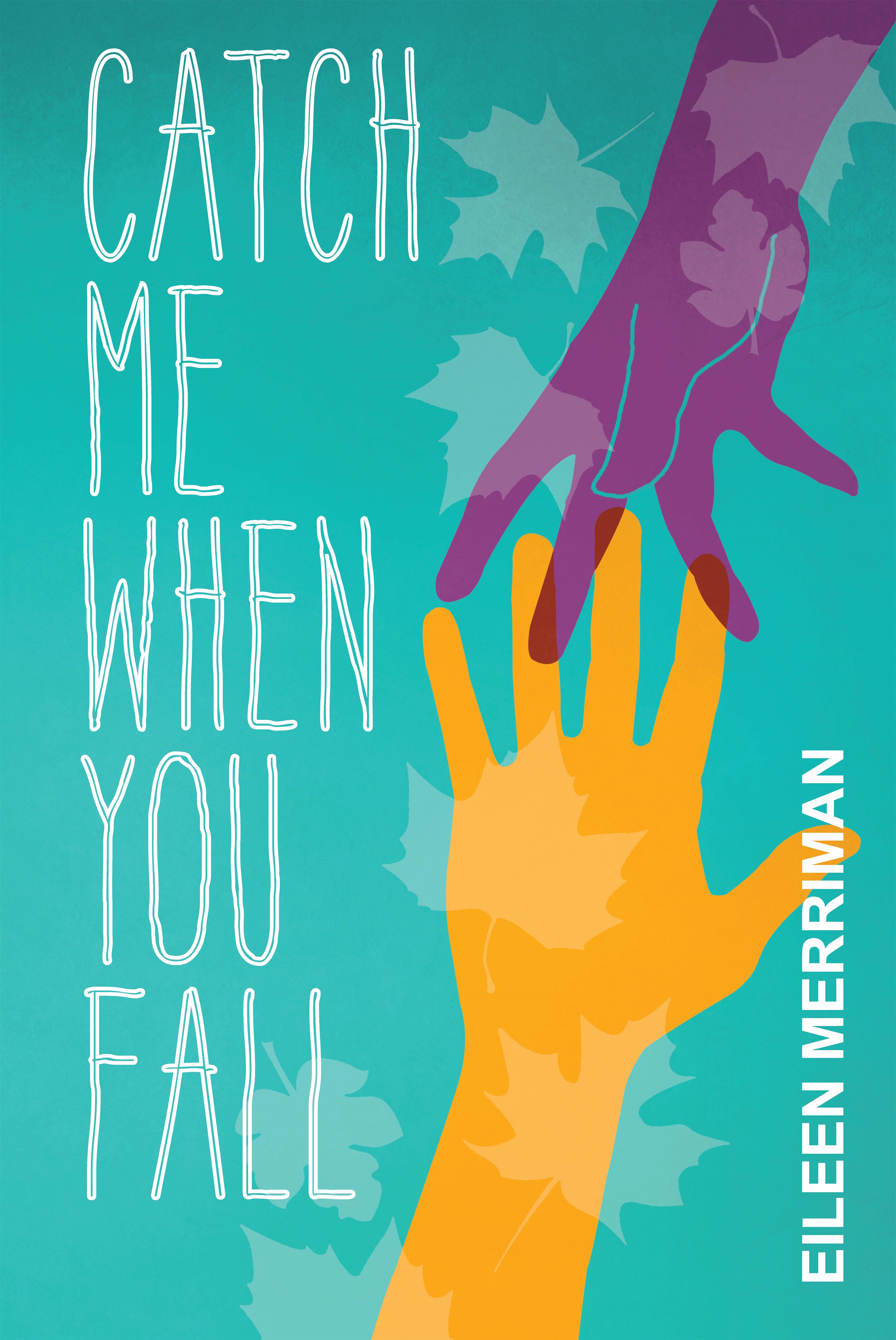
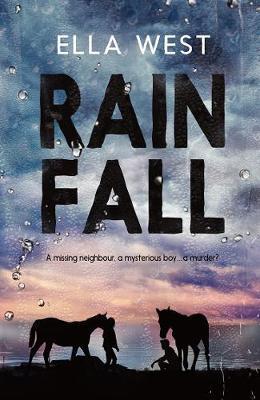
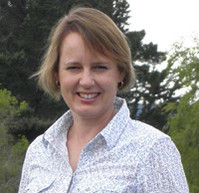
Ella West
Ella West is a multi award winning YA novelist, playwright and scriptwriter who lives in Dunedin.



